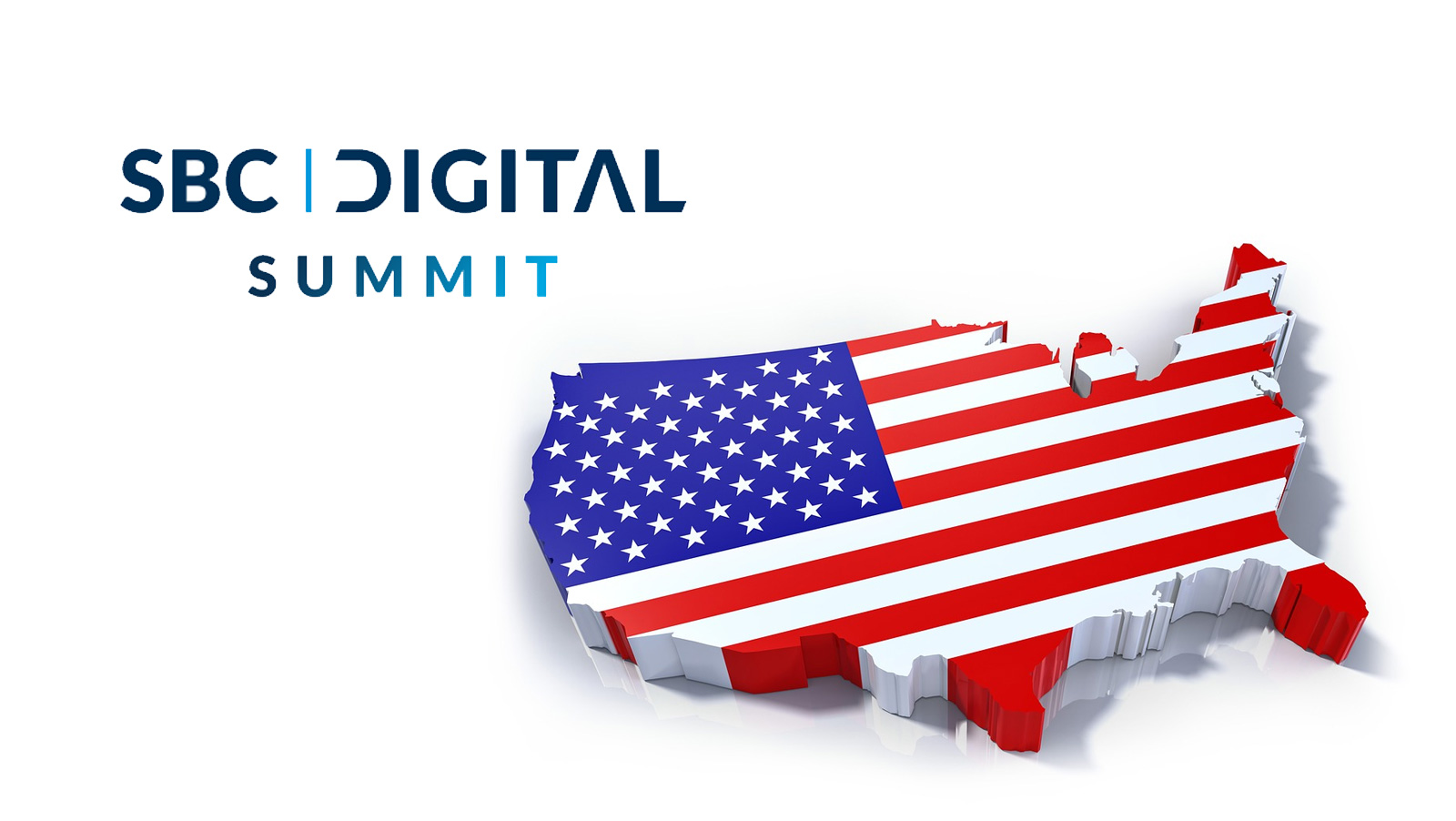Never before has there been a gaming conference as unique as this year’s SBC Digital Summit (SDS). Additionally, never before has there been a gaming conference as important as this one. With the entire world facing the coronavirus pandemic, the global gaming industry is  being forced to make changes, whether it wants to or not. Some of these changes may be temporary; however, many will become a permanent part of the landscape, driving a new era of gaming like nothing seen before. As Day 4 of the SDS wraps up, a lot of attention was placed on North American gaming operations. While not as mature as the European gaming market, for example, the ability of the U.S. market to provide a major source of revenue exists. Before that happens, though, several hurdles will have to be jumped.
being forced to make changes, whether it wants to or not. Some of these changes may be temporary; however, many will become a permanent part of the landscape, driving a new era of gaming like nothing seen before. As Day 4 of the SDS wraps up, a lot of attention was placed on North American gaming operations. While not as mature as the European gaming market, for example, the ability of the U.S. market to provide a major source of revenue exists. Before that happens, though, several hurdles will have to be jumped.
One of the issues facing the U.S. market, as discussed in a presentation about the state of legislative efforts, is the disconnect found from one state to the next in how regulations are implemented. Each state establishes its own guidelines and frameworks, and these are sometimes burdens to entry by operators who overly burdened with weeding through the state nuances. However, progress is being made and, as new states come on line, they will find the support from one source or another.
Virginia, Tennessee, Washington State and South Dakota are among the most recent states to be launching legalized gambling or expanding existing gambling laws. While legislators from all the states have worked diligently to introduce frameworks they feel will generate the most revenue while protecting consumers, this isn’t always the case. For example, Tennessee and Washington State won’t permit bets on in-state college athletics.
While this may seem like a good way to protect the athletes, the only result is that gamblers will turn to black market and offshore sportsbooks to place their wagers. The takeaway that many legislators still fail to comprehend is that gamblers are going to gamble, regardless of whether or not the activity is regulated or illegal. By prohibiting wagers on college sports, the states have only hurt themselves, missing out on a revenue stream that will exist for someone, somewhere.
The collective opinion is that more states will now be looking to legalized gambling as a way to expedite recovery from the global health pandemic. However, many states will soon find their legislators on break, if sessions haven’t already been shut down, which could lead to delays in the necessary political processes. This doesn’t mean that lawmakers aren’t still working on bills and measures, though, and, once they return to work, almost everyone will be looking to fast track any gaming legislation in order to help states’ economic recoveries.
Along with those changes will come something that retail casinos and gaming facilities have been trying to avoid for years. If the coronavirus has taught lawmakers anything, it is that reliance on brick-and-mortar gambling for revenue is a narrowminded course of action. If online gaming had been legalized, and if retail casinos hadn’t been willing to spend millions to prevent it from expanding, states would not currently be suffering the gross absences of revenue they’re currently seeing. As has become a common thread of discussion throughout all of this week’s panels at the SBS, online gaming is not just an additional stream that would be nice to have – it is a required revenue stream, and it will become a major part of the gambling industry. Sorry, Shelly.





